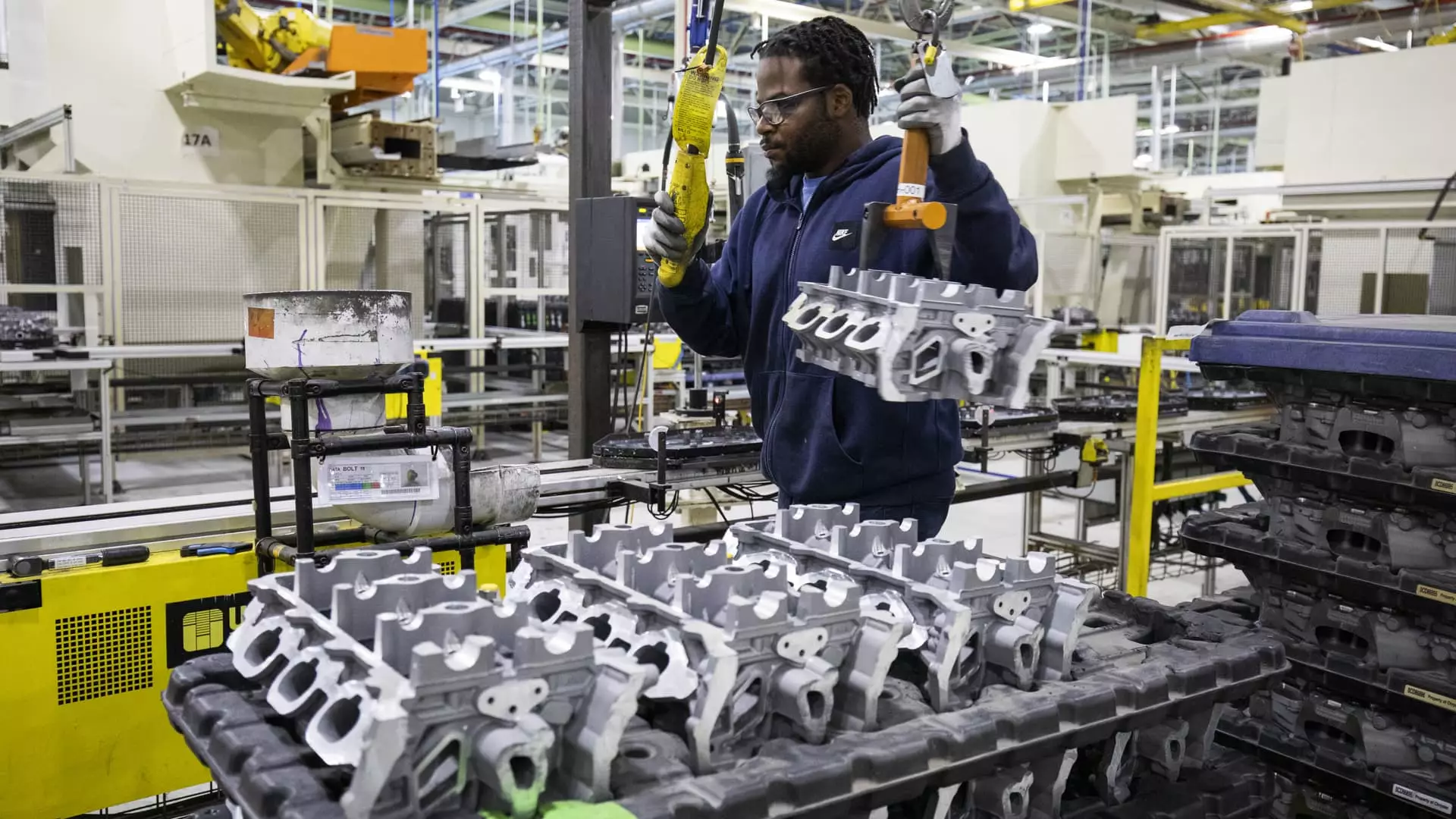In an unprecedented move, six of the most influential groups within the U.S. automotive sector have banded together to confront an alarming policy decision that threatens the very fabric of American manufacturing. As the proposed 25% tariffs on auto parts loom with a start date of May 3, these groups, representing everyone from franchised dealers to major automakers, are urgently petitioning the Trump administration for reconsideration. This coalition signifies not just a shared concern, but a rare moment of unity in an industry that seldom aligns on a collective front. The fact that they feel compelled to make such a stand underscores the severity of the impending crisis and its potential repercussions on the economy.
The Cost of Defiance
The letter sent to top officials—U.S. Treasury Secretary Scott Bessent, Commerce Secretary Howard Lutnick, and Trade Representative Ambassador Jamieson Greer—conveys more than mere apprehension; it articulates a grim reality. Many auto suppliers are currently bearing the weight of financial distress, and the imposition of these tariffs would serve as a fatal blow for many. With several suppliers already teetering on the edge of collapse, an additional financial burden could lead to cascading failures throughout the supply chain. These potential failures present not only risks of production halts and layoffs but the specter of bankruptcies that could ripple throughout the industry, taking with them jobs and livelihoods.
The economic implications are dire. A single supplier’s downfall can trigger a domino effect, impairing entire production lines in automaker facilities—a thought electrifyingly reminiscent of the chaotic disruptions seen during the pandemic. The automotive sector, which staunchly supports ten million jobs and contributes a staggering $1.2 trillion to the economy, finds itself in a precarious position. The call to action is not just about corporate profits; it’s about the working-class families whose livelihoods depend on a stable automotive ecosystem.
Plea for Diplomacy and Sensibility
There is a notable plea for diplomacy in the joint letter. The automotive industry’s collective call for time and reconsideration reflects not just an economic agenda but a humane one. The looming tariffs threaten not only financial health but also the core of American ingenuity—the willingness to adapt and innovate. President Trump has indicated some openness to reevaluating these tariffs, likening the automotive situation to that of consumer electronics and semiconductors, which received relief under similar conditions. This is a glimmer of hope, yet remains to be seen whether it is enough to avert disaster.
Trump’s comments about facilitating support for automakers transitioning to more localized supply chains echo a growing understanding that change within global supply chains cannot be instantaneous. The sheer complexity of these systems precludes a quick fix and demands an astute and individualized approach. Auto experts have pointed out that the fallout from these proposed tariffs is likely to manifest more severely for suppliers rather than the manufacturers themselves. We must consider the consequences of rapid, ill-considered policy shifts and how they imperil the very industry poised to drive economic recovery.
What Lies Ahead: The Ripple Effects
The ramifications of these tariffs extend far beyond immediate costs. Analysts anticipate a staggering decline in vehicle sales that could number in the millions, alongside increased prices for both new and used vehicles. The harsh reality is that an additional $100 billion in costs across the automotive sector will not simply evaporate; these will be absorbed by consumers and workers in the form of higher prices and lower wages.
The automotive industry’s resilience is commendable, but its survival hinges on policymakers recognizing the need for a measured approach to tariffs—one that favors gradual transition and careful assessment over panic-driven decisions. The automotive sector stands at a precipice. Instead of punitive tariffs, America needs thoughtful policies aimed at fostering innovation, strengthening domestic production, and ensuring the well-being of the millions who depend on this industry. The stakes are high, and the automotive world seems to be at a crossroads that may well define its future in the years to come.


Leave a Reply